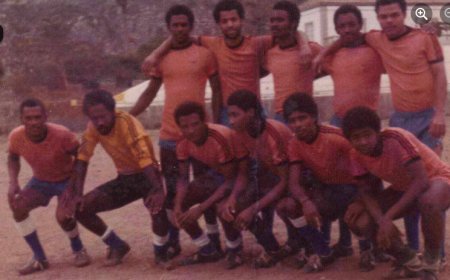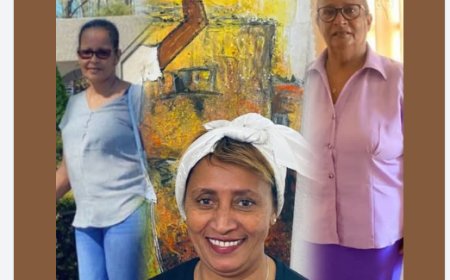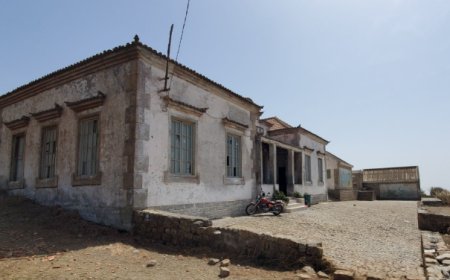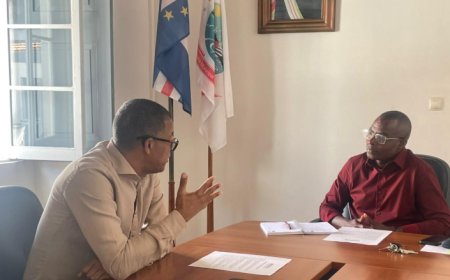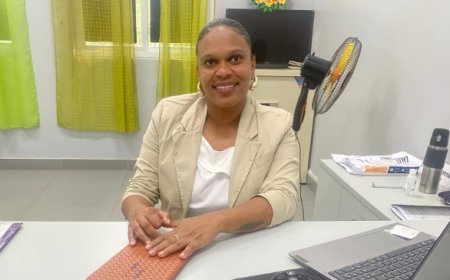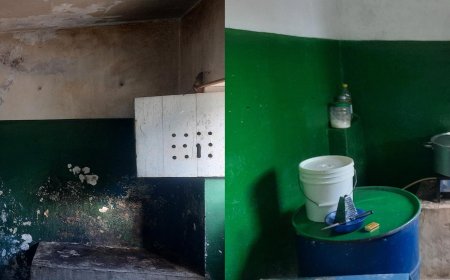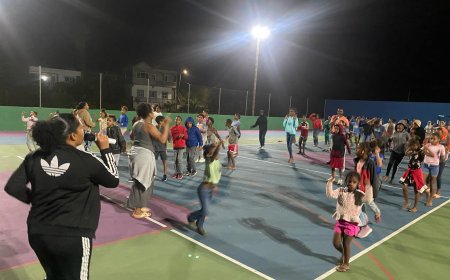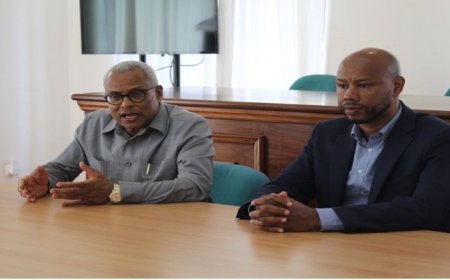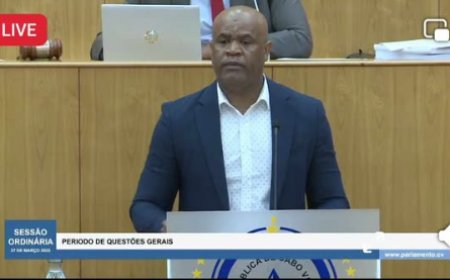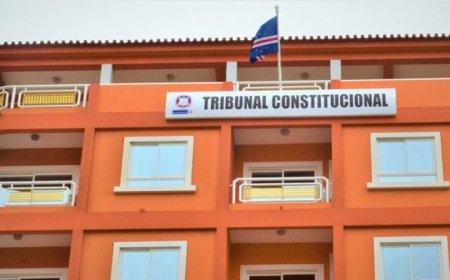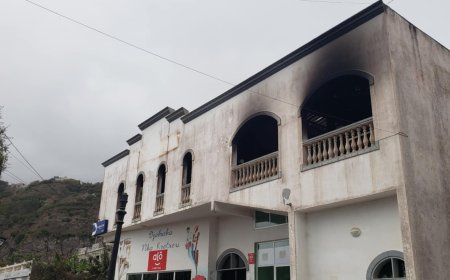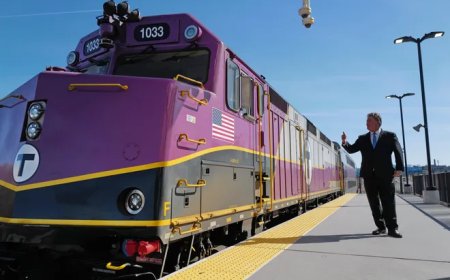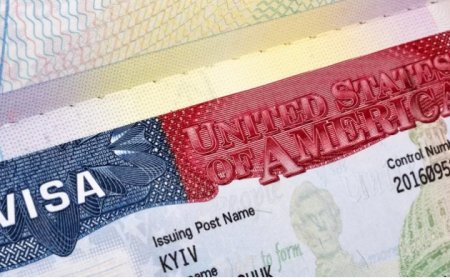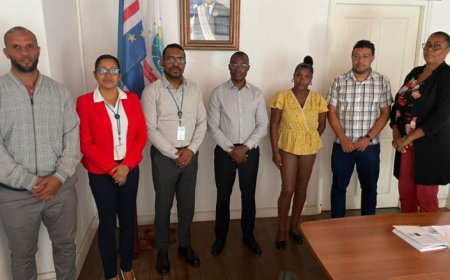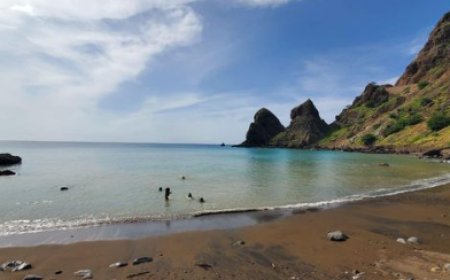Former Minister Carlos Burgo reinforces appeal on the isolation of Brava Island and the need for improvements in maritime connections
Former Minister Carlos Burgo has once again raised the urgent issue of the isolation of Brava Island, highlighting the precarious situation of the sea link and the devastating impact this has on the lives of the local population. The island, which is already facing a worrying population decline, depends largely on the emigrant community, which represents one of the greatest resources for the development of the region. Burgo warned of the urgent need for improvements in transport conditions to ensure that the children of emigrants, who are often abroad, can return to visit, stay for a while and invest in the future of the island.
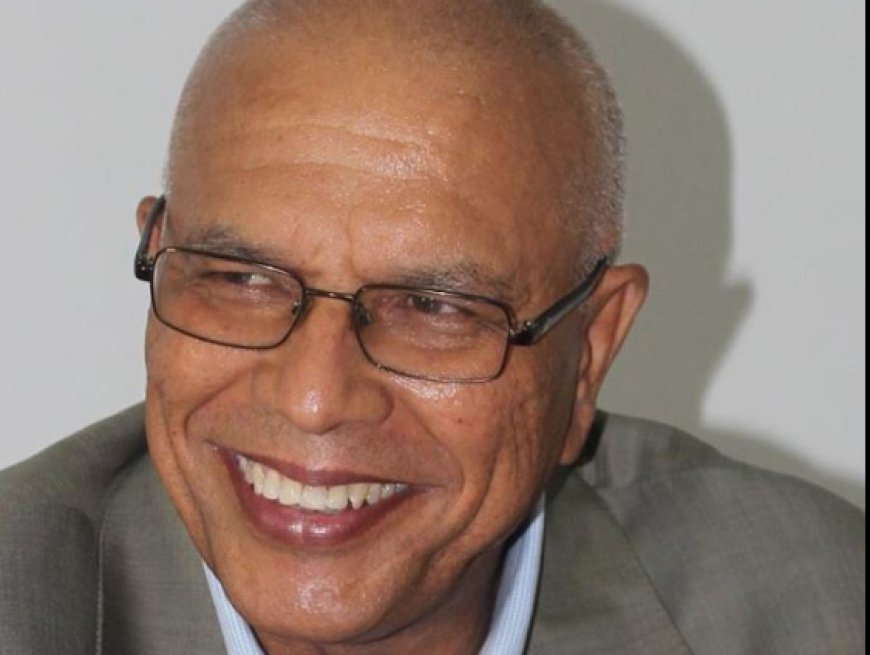
According to the former minister, the issue of maritime links has been a crucial point for Brava's economic and social development. The island faces great difficulties in maintaining its active population and generating new opportunities for growth, with communication with the rest of the country, and even the world, being one of the biggest challenges. Although the possibility of an air link exists, it has proven to be practically unfeasible due to infrastructure and cost issues. Thus, dependence on maritime transport becomes a turning point for the island's future.
However, the service currently provided by the concessionaire responsible for maritime connections has been the target of harsh criticism, especially due to its quality being far below what was promised when the concession contract was signed. “The level of service provided is deplorable, which is seriously damaging our island and our community. When the contract was signed, there was an expectation that conditions would improve, but unfortunately this has not happened,” said Carlos Burgo.
The former minister also recalled that the then minister responsible for the area, José Gonçalves – also from Brava – had already denounced the situation during his term, together with the then president of the Brava City Council, who, according to Burgo, was instructed by Minister Abraão Vicente to remain silent about the problem. This episode, according to him, reflects the current government's lack of willingness to resolve the issue and the difficulties the island faces in being heard by political leaders.
In his speech, Carlos Burgo made a direct appeal to the Brava community to draw the necessary conclusions and not be fooled by promises of improvements that, in his opinion, will not materialize with the current government majority. “The Brava community must be aware and aware that, with this government, we cannot expect significant changes in our reality. We need to act, mobilize our resources and continue the fight for the future of our island,” concluded Burgo.
The situation of Brava’s maritime transport continues to be a central topic of debate on the island and in Cape Verde. Experts warn that improving maritime links is not just a matter of convenience, but an essential condition for the survival and sustainable development of island communities. For Brava to prosper and reverse its demographic decline, it is essential to ensure that access conditions to the island are adequate and efficient, allowing its inhabitants and the Brava diaspora to invest and contribute to local growth.
Meanwhile, the government continues to be pressured to find a solution to resolve the maritime transport crisis and offer Brava Island the minimum conditions necessary to overcome the isolation that, for years, has been one of its greatest barriers to development.
MS








